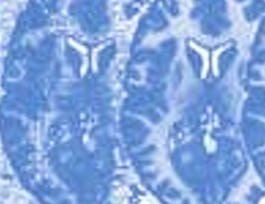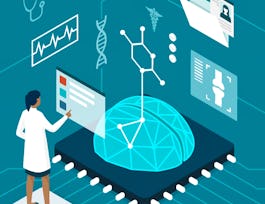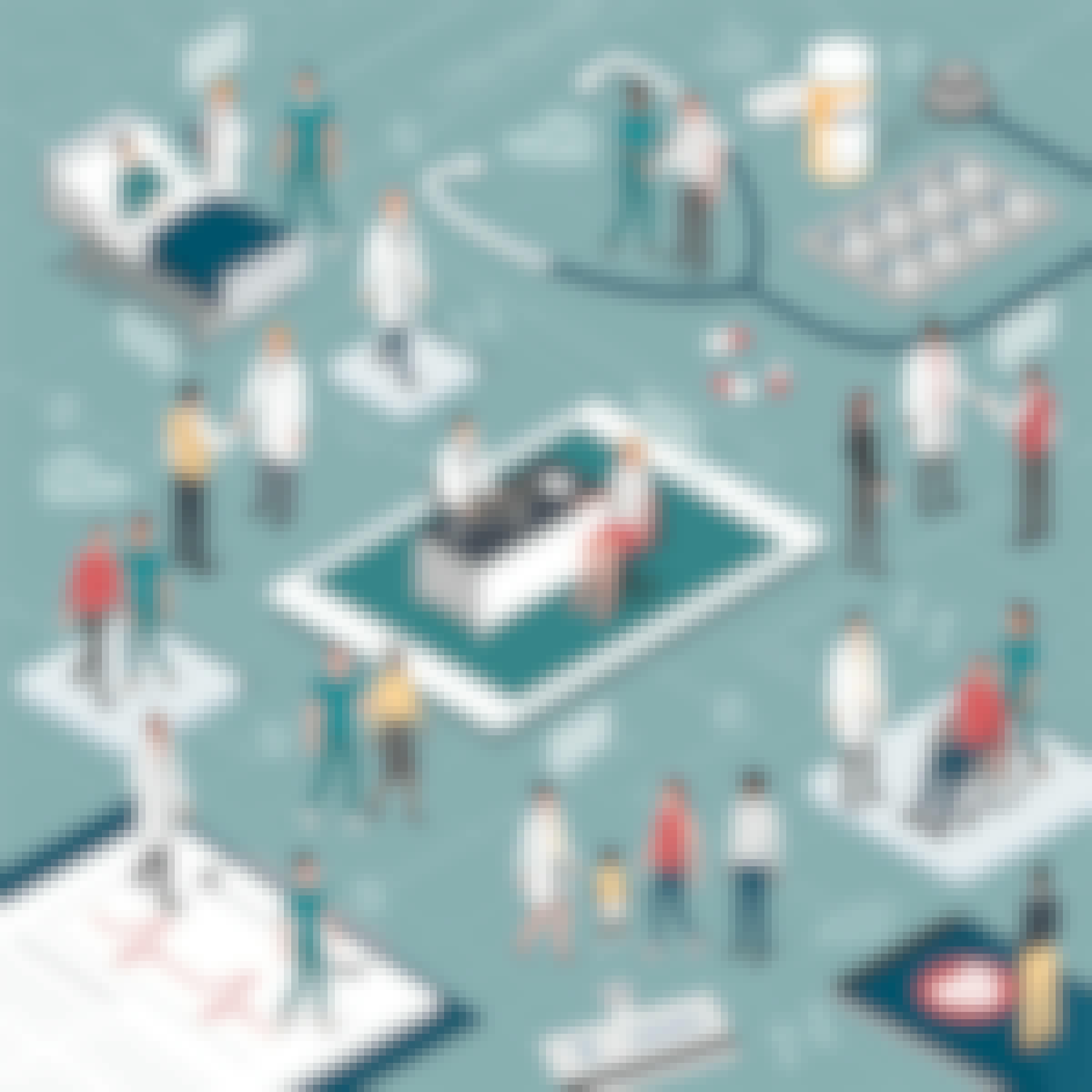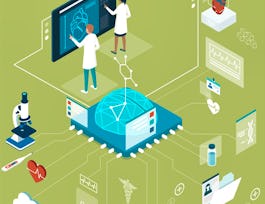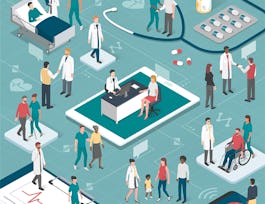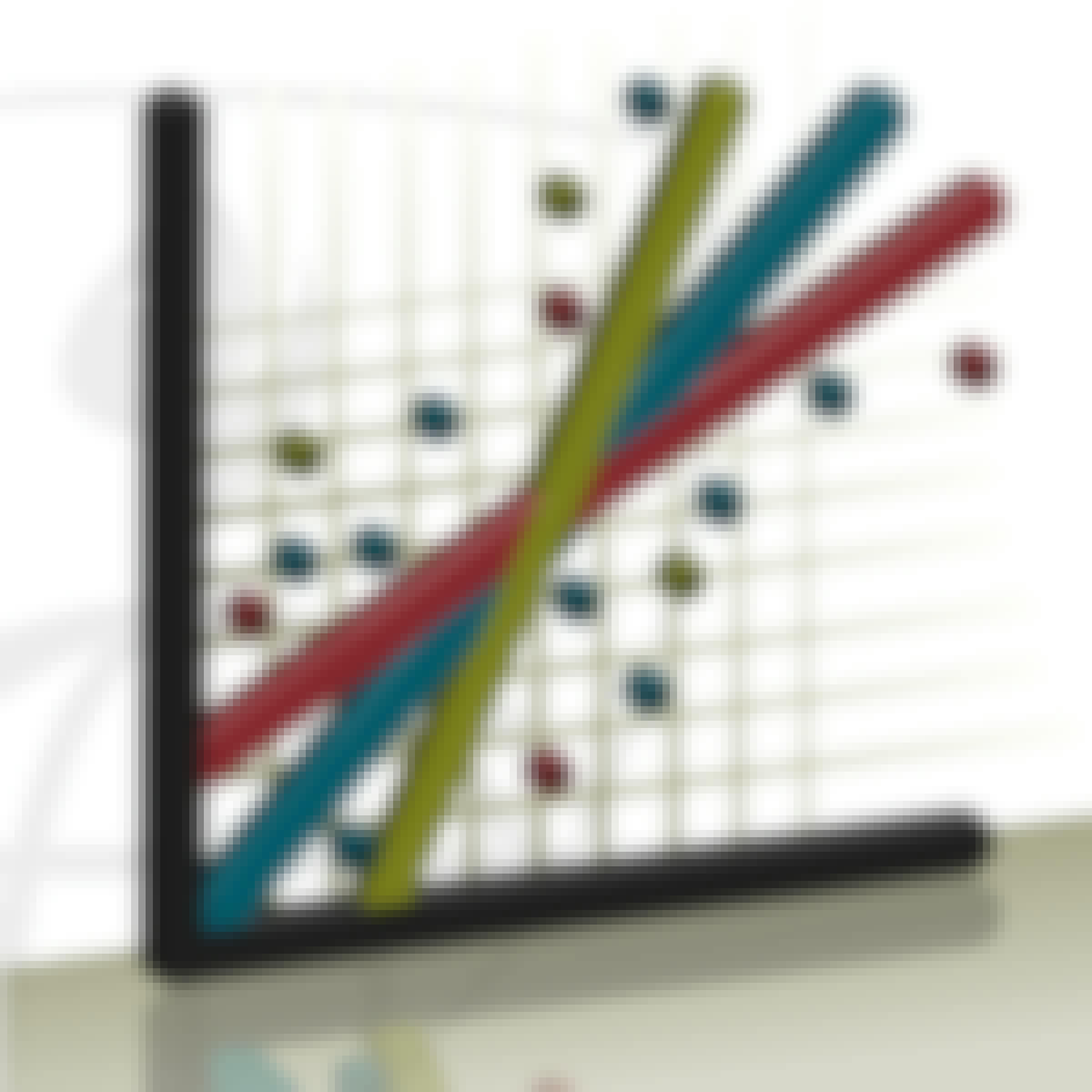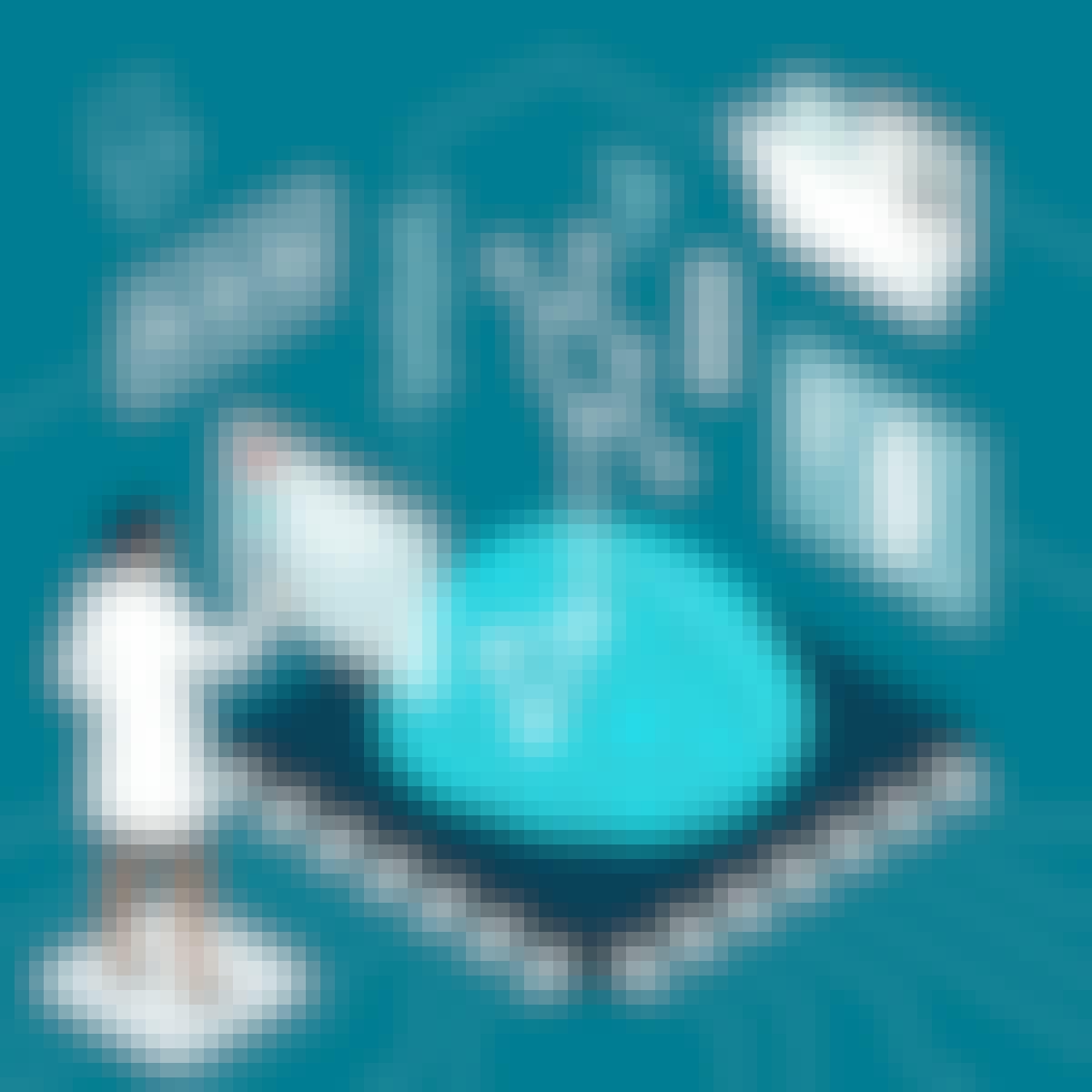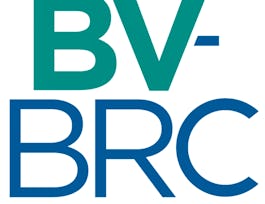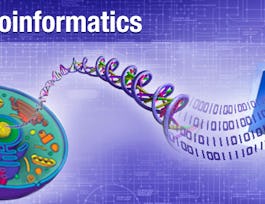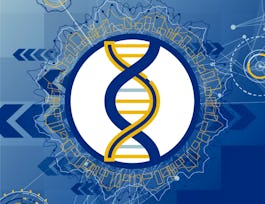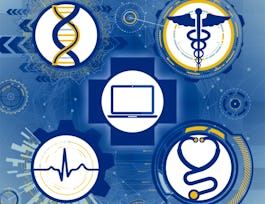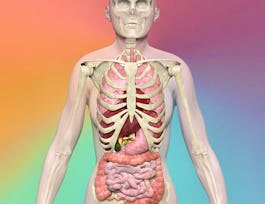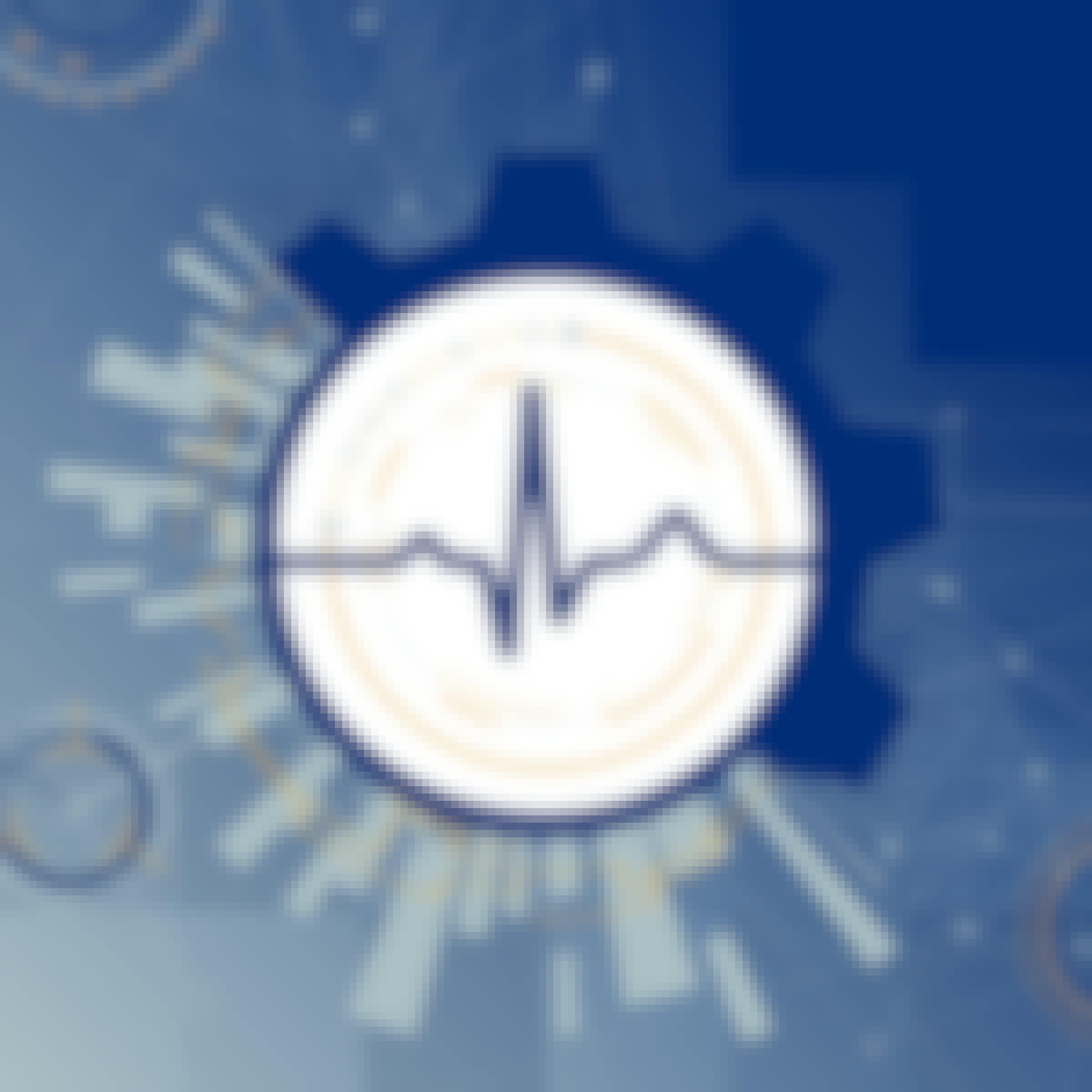Health Informatics
Earn Your Degree
Most Popular Courses
Top Rated Courses
More Health Informatics Courses
Most Popular Certificates
Finish a Health Informatics Course in 24 Hours or Less
Recently Launched Guided Projects
Frequently Asked Questions about Health Informatics
The best free health informatics courses include Introduction To Medical Software, Trustworthy AI For Healthcare Management and Bioinformatics. Each course offers unique perspectives on how to advance healthcare delivery through an integrated approach to data and analytics.
For those just starting out with health informatics, some of Coursera's specializations provide some excellent beginner courses. A great starting point is the Data Science of Health Informatics course which covers analytics, programming, and ethics. Alternatively, consider the AI in Healthcare specialization to gain an understanding of AI in Health Care or even the Biostatistics and Public Health and Statistical Analysis with R for Public Health specializations to gain a robust understanding of biostatistics and public health.
If you are looking for top-notch advanced health informatics courses, look no further than Coursera. Their offerings include the Clinical Data Science Specialization, the Digital Health Specialization, the Healthcare Information Literacy and Data Analytics Specialization, the Healthcare Data Literacy Course, and the Introduction to Information Systems for Business Specialization. Each of these excellent courses offer an in-depth look at the field of health informatics.
Like many other areas of our lives, the healthcare industry is being transformed by the power of big data and the information technology revolution. The discipline of health informatics exists squarely at the center of this macro trend, harnessing vast data streams from sources including online healthcare portals, electronic medical records, bioinformatics from wearable devices and other digital data collection tools, and more. And, as we are seeing from the COVID-19 pandemic, the proper analysis of this data is essential to understanding the spread of illnesses and helping to prepare healthcare systems for their impacts.
Practitioners in health informatics use techniques from computer science, information science, and cognitive science to collect, manage, and analyze all of this health data. The goal is to help healthcare science practitioners conduct critical research, deliver better outcomes for patients, and protect public health more effectively. There are further specializations within health informatics that focus on specific areas; for instance, nursing informatics focuses more specifically on the collection and use of data relating to the role of nurses in the healthcare setting.
Regardless of the focus of a career in the realm of health informatics, professionals in this field play a critical role in the advancement of healthcare - particularly in the midst of a crisis like COVID-19. The insights provided by health informatics are central to the analysis of global pandemics as well as the development of new approaches to healthcare provision, which offer the potential to deliver breakthroughs in the diagnosis and treatment of novel illnesses like COVID-19 as well as genetic disorders, cancers, and other challenging diseases.
Pursuing a career in health informatics is a great choice if you enjoy working with computers and data but also want to make a difference in the world by improving healthcare as well as by analyzing big public health challenges like COVID-19. Indeed, the U.S. Department of Health and Human services states that “health IT now plays a crucial role in the collecting and reporting of COVID-19 data,” and can help facilitate effective strategies to combat this epidemic.And, while health informatics sounds like a highly specialized field, in reality it encompasses many interrelated types of jobs to match your specific interests. For example, clinical informaticists are responsible for collecting and managing patient data at the level of individual medical practices and hospitals; pharmacy and nutrition informaticists monitor patient intake and reactions to medicine and/or dietary changes; healthcare IT project managers ensure that the data infrastructure required for health informatics is fit for purpose and built cost-effectively; and nursing informatics specialists focus on optimizing the role of nurses in healthcare.
In addition to being a diverse and rewarding field, health informatics is also a fast-growing career path - and not just because of the current pandemic. First, as in other industries, there are vastly more opportunities to generate health data for analysis than even a few years ago, due to the increasingly widespread use of online health portals and medical records as well as the capabilities of new wearable devices and other digital data collection tools to harvest more useful data than ever. Furthermore, healthcare policies, particularly in the U.S., are incentivizing or even requiring- the increased use of these digital recordkeeping tools. This ensures that this trend will only become more widespread in the long term.
Online courses are a great way to learn all kinds of computer science skills, and that includes launching your career in health informatics. Pursuing an education online is a particularly good option if you are currently working part-time or full-time, as it allows you to take courses on a flexible schedule. Learning remotely via online courses is often also much less expensive than on-campus counterparts, which is another major advantage.
Most importantly, however, is the fact that online courses in health informatics can give you a top-quality education that is equivalent to attending classes on campus. Coursera offers individual courses like bioinformatics, genomic data science, and healthcare data analytics. You can even complete a series of courses to gain certificates in Specializations related to health informatics, including Health Informatics from Johns Hopkins University, Clinical Data Science from University of Colorado, and Health Information Literacy for Data Analytics from University of California, Davis.
Health informatics courses on Coursera provide you with vital skills to bridge technology and healthcare:
- Understanding of electronic health records (EHR) systems and their management
- Data analysis techniques specific to healthcare settings
- Implementation of health information systems to improve patient care
- Knowledge of privacy and security measures in health data handling
- Skills for designing and using health databases
- Use of technology in tracking and improving healthcare outcomes
- Insights into telehealth and its applications for modern healthcare delivery
Health informatics courses on Coursera are suitable for learners of all backgrounds:
- No prior experience is necessary for introductory courses, which cover the basics of health informatics.
- Intermediate courses are suitable for those with some healthcare or IT background, focusing on more specialized topics.
- Advanced courses cater to professionals seeking to lead health informatics initiatives or conduct research in the field.
Coursera partners with leading institutions to offer a variety of credentials in health informatics:
- Professional certificates for those looking to enter or advance in health informatics roles.
- Specialized course certificates that focus on areas like health data analytics or system implementation.
- Degree programs and professional master’s degrees in health informatics from accredited universities.
These credentials can help enhance your career by demonstrating your expertise and ability to apply information technology in healthcare.
Proficiency in health informatics can open up several career opportunities in the healthcare sector:
- Health Informatics Consultant, advising healthcare organizations on technology solutions.
- Clinical Informatics Specialist, integrating clinical practices with IT tools to enhance patient care.
- Health Data Analyst, analyzing complex datasets to improve health outcomes.
- IT Project Manager in Healthcare, overseeing the implementation of health technology systems.
- Research positions in academic or healthcare institutions, contributing to the evolution of digital health.
Online Health Informatics courses offer a convenient and flexible way to enhance your knowledge or learn new Health Informatics skills. Choose from a wide range of Health Informatics courses offered by top universities and industry leaders tailored to various skill levels.
When looking to enhance your workforce's skills in Health Informatics, it's crucial to select a course that aligns with their current abilities and learning objectives. Our Skills Dashboard is an invaluable tool for identifying skill gaps and choosing the most appropriate course for effective upskilling. For a comprehensive understanding of how our courses can benefit your employees, explore the enterprise solutions we offer. Discover more about our tailored programs at Coursera for Business here.








